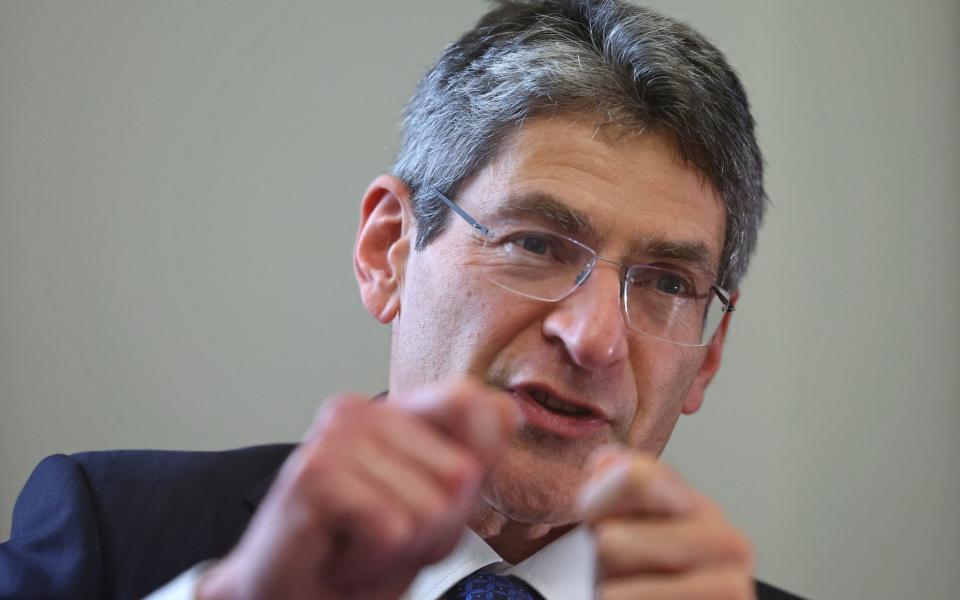Interest rates should stay on hold this summer, says Bank of England official

Britain’s jobs market is too strong to start cutting interest rates this summer, according to a top Bank of England official.
In a blow to Sir Keir Starmer’s hopes of lower borrowing costs by August, Jonathan Haskel said he remained concerned that the labour market “continues to be tight”, which could fuel stronger pay growth.
In the first public comments from a Bank official since the election was called in May, the Imperial College professor and member of the Bank’s Monetary Policy Committee (MPC) said he would “rather hold rates” steady at 5.25pc than risk lowering them too quickly.
Rates have been on hold at their 16-year-high for almost a year, even though inflation fell back to its 2pc target in May.
Some economists have been calling on the Bank to cut rates for months, although Bank forecasts suggest price rises are likely to pick up in the second half of this year.
In a speech due to be delivered at King’s College, London, Mr Haskel will say that “inflation will remain above target for quite some time”.
That is despite “considerable encouraging signs” that the economy is continuing to cool.
Money markets are pricing in about a 65pc chance that interest rates will be cut in August.
Mr Haskel, who is one of the Bank’s most hawkish policymakers, said: “The labour market continues to be tight, and I worry it is still impaired.
“I would rather hold rates until there is more certainty that underlying inflationary pressures have subsided sustainably.”
He voted to leave interest rates on hold at the Bank of England’s last meeting in June. His comments today suggest he is not likely to opt for a cut in August, which would be his last meeting on the MPC.
The Bank voted 7-2 to keep interest rates on hold in June, although minutes from the meeting showed that the decision was “finely balanced” – a sign that an August rate cut remains in play.
This would follow a move by the European Central Bank, which cut its key deposit rate from 4pc to 3.75pc in June.
At the time, Christine Lagarde, president of the ECB, said Europe had been able to cut rates because the outlook for inflation had improved “markedly”.